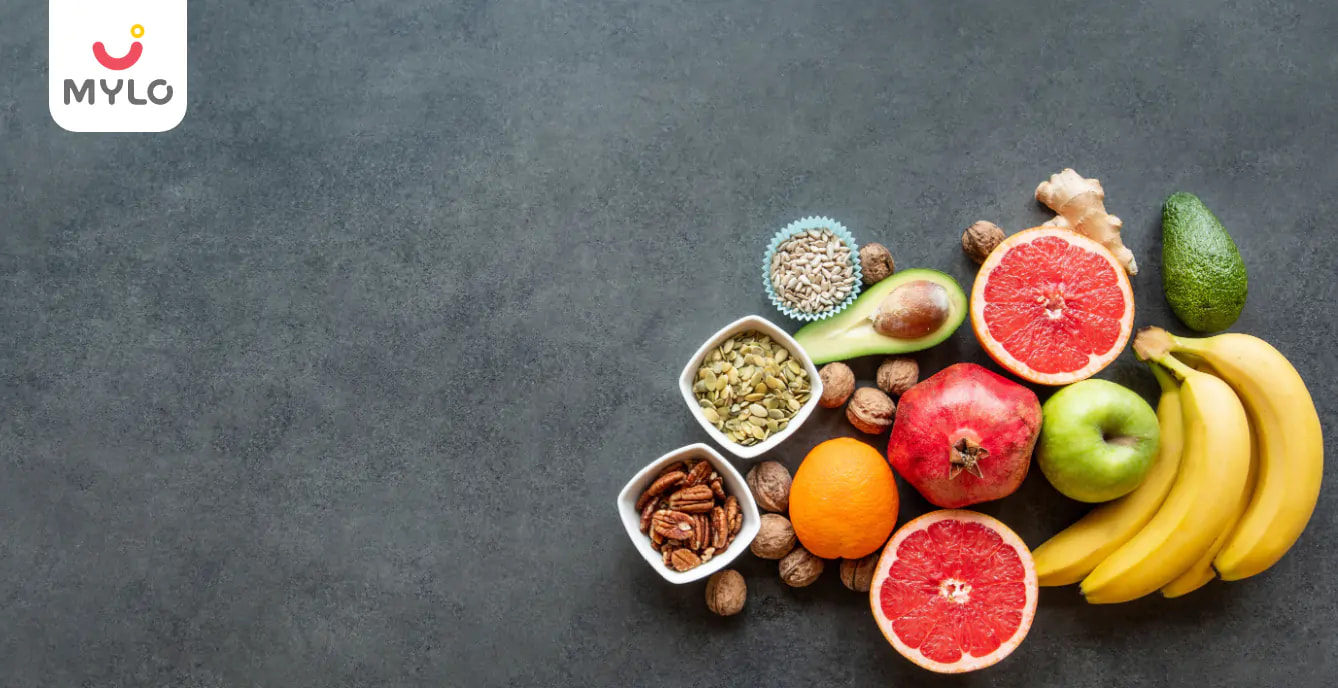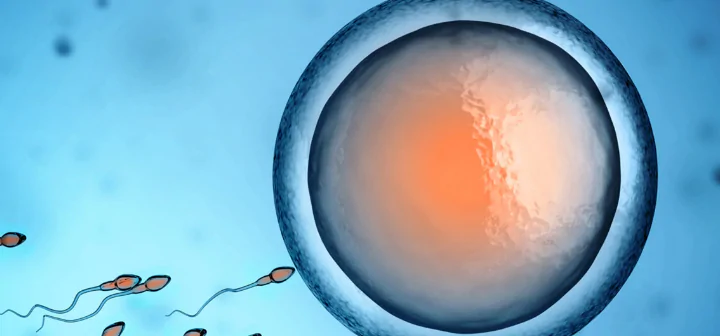Get MYLO APP
Install Mylo app Now and unlock new features
💰 Extra 20% OFF on 1st purchase
🥗 Get Diet Chart for your little one
📈 Track your baby’s growth
👩⚕️ Get daily tips

OR


Pregnancy planning

Calculate your ovulation day
Understanding the intimate details of your monthly cycle can help you figure out your natural ovulation calendar. Enter details to see your estimated ovulation date.
Trending articles & Videos on Planning pregnancy
Most read articles in last 24 hrs
Diet & Nutrition
What to eat when trying to conceive
(99 Views)
Ovulation
A Guide to Recognizing Symptoms of Ovulation After HCG Injection
(31 Views)
11 Possible Causes of a Delayed Period
(1 Views)
Hormones
Are You Aware of These 11 Early Signs and Symptoms of Pregnancy?
(2 Views)
How to Differentiate Between Implantation Bleeding and Your Periods?
(23 Views)
Abortion
How Soon After an Abortion Can You Get Pregnant?
(70 Views)
Helpful tools for your everyday needs
Trying to conceive tools
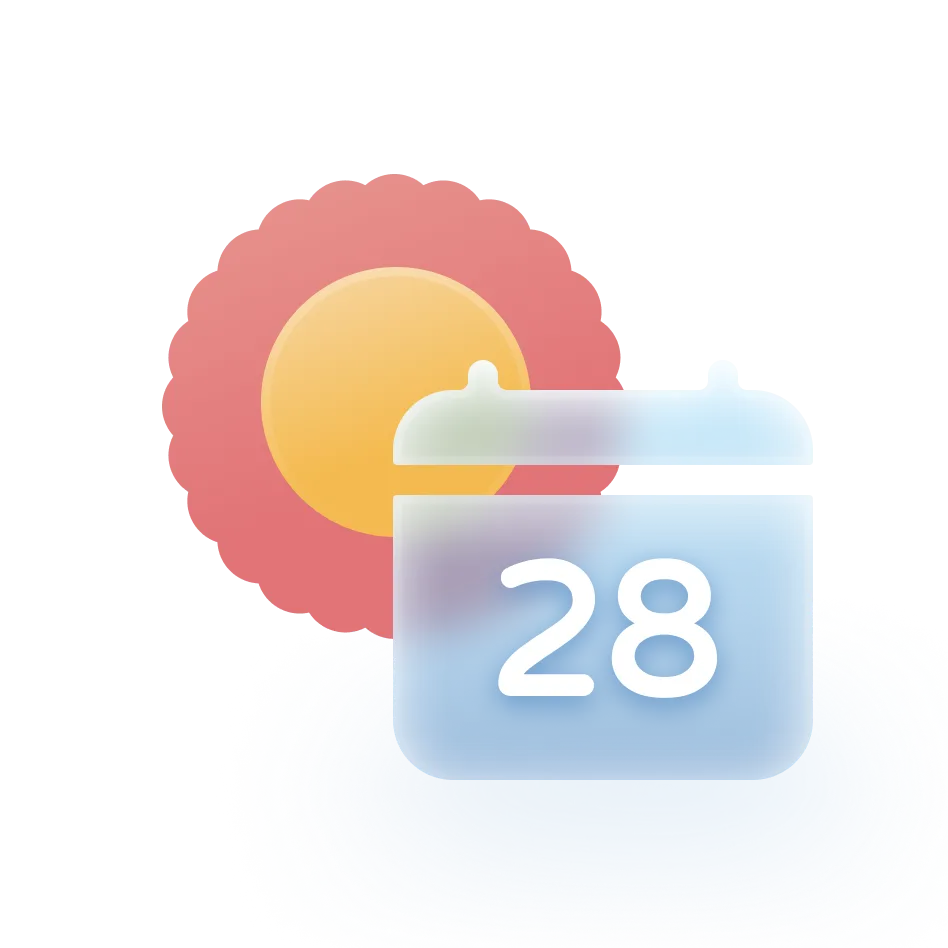
ovulation calculator

healthy conception
Popular topics for pregnancy planning
Topics you don't want to miss

Bleeding During Early Pregnancy- What is Normal?
Urinary Tract Infection (UTI): Causes, Symptoms & Treatment
Are You Aware of These 11 Early Signs and Symptoms of Pregnancy?
RECENTLY PUBLISHED ARTICLES
our most recent articles
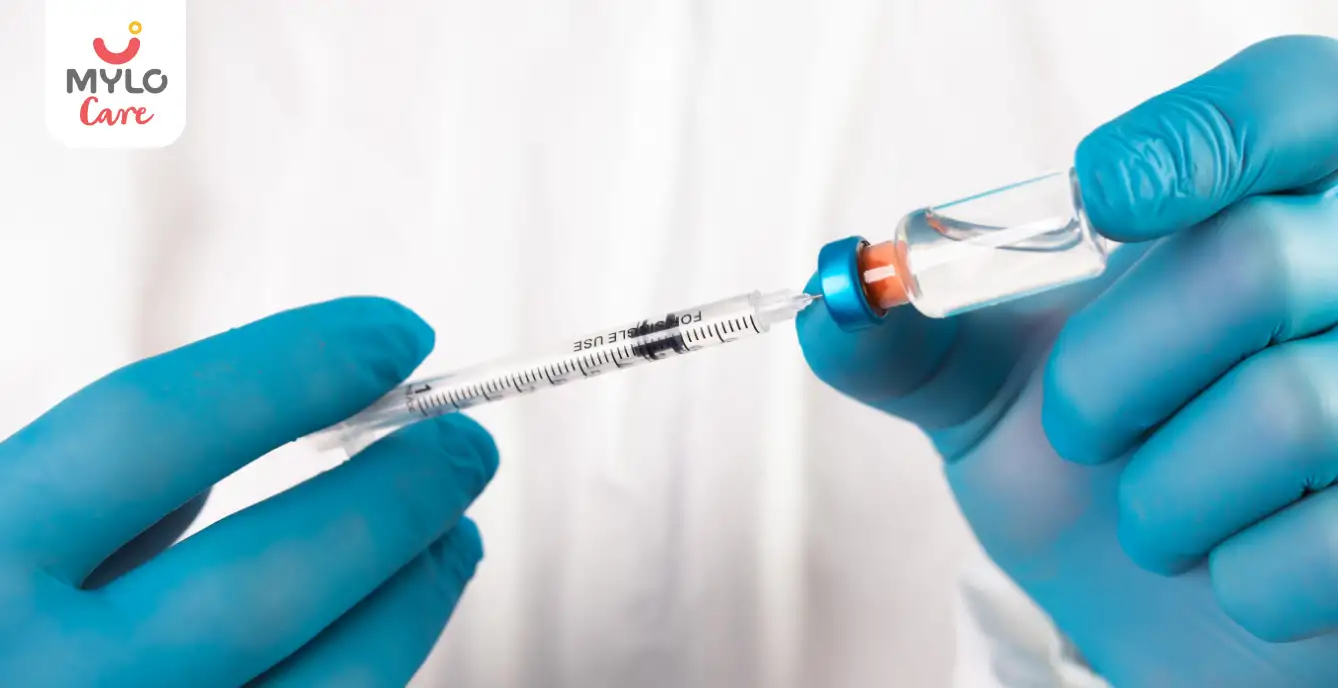
Hormones
Lupride Injection: How It Works and What You Need to Know
(1,523 Views)

Period After Abortion: What to Expect About Timing, Duration and Frequency
(2,220 Views)

The Ultimate Guide on How to Shrink Ovarian Cysts Naturally
(449 Views)

The Ultimate Guide to Abdominal Pain After Abortion Causes and Care
(3,006 Views)
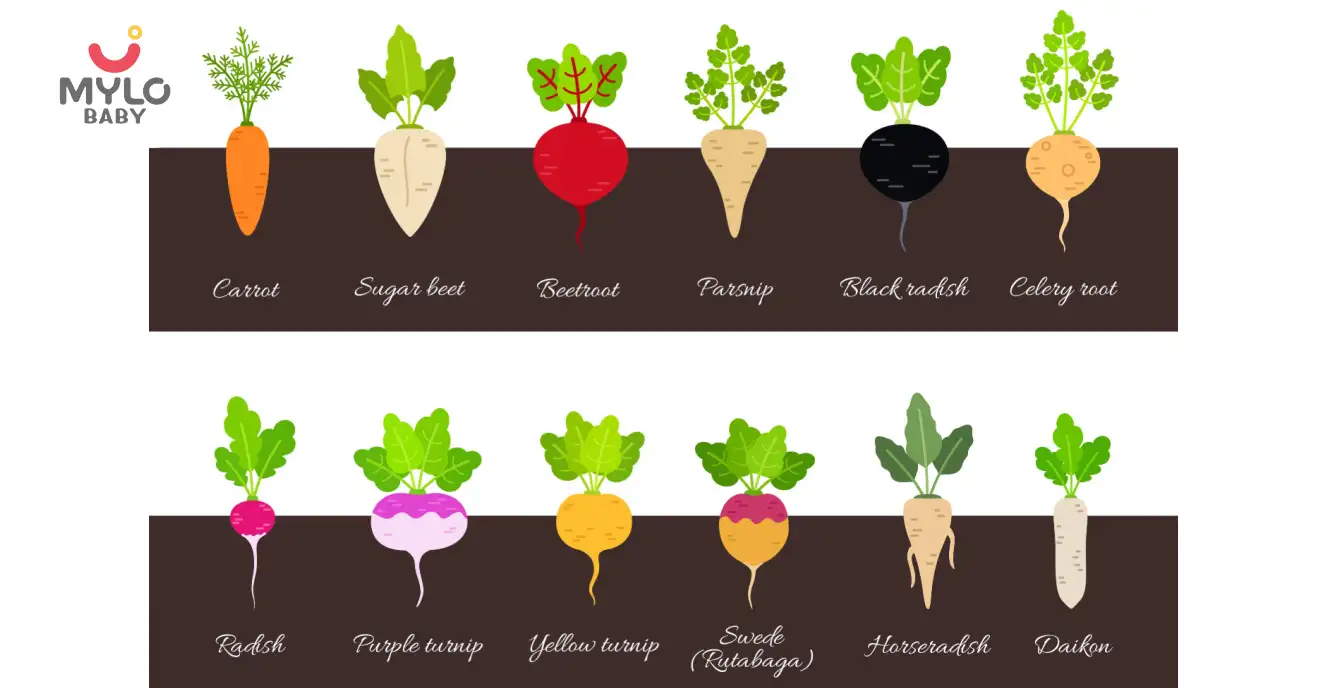
The A-Z Guide to Identifying Root Vegetables Names for Kids
(2,176 Views)

11 to 20 Table: A Complete Overview for Children
(2,362 Views)
- Tables 1 to 10: A Complete Overview for Children
- Brown Discharge: Causes, Symptoms and When to Seek Help
- A Guide to Precautions After Ovulation When Trying to Conceive
- গর্ভবতী হওয়ার জন্য প্রধান 10টি যৌন অবস্থান: গর্ভধারণের চেষ্টাকারী দম্পতিদের জন্য আলোচনা | Top 10 Sex Positions to Get Pregnant: The Ultimate Guide for Couples Trying to Conceive in Bengali
- The Ultimate Guide to Understanding the Reasons for Late Period
- 50 Budget-Friendly Birthday Return Gift Ideas to Wow Your Guests
- Must-Read Ruskin Bond Short Stories for Little Minds
- Ovulation Bleeding: The Ultimate Guide to Causes, Symptoms and Management
Top Community DISCUSSIONS on Planning pregnancy

sakshirakeshjha
mother
PCOD kya hai. Aaj doctor ke pass gyi toh unhone bola PCOD ho skta hai and blood test Kia investigation ke liye. Pcod me naturally conceive nhi hota hai kya?
 353Answer
353Answer
mylomom123564535677322
mother
Mere 2 miscarriage ho gaye hai. Maine saare hormonal test kra liye and thyroid,pcod sb kuch. Sb normal hai. Mujhe conceive to ho jaati pregnancy but 6 weeks k baad aage ni badh paati. Doctor to bolte sb sahi hai. Kya mujhe koi injection lene chahiye Mai pregnancy support medicine bhi khaayi thi last time. Per baby rukta ni Aap sb ladies experience hai. Mujhe suggest kijiye Mai kya kru Please help me . Mai bahut pareshan hu.
 86Answer
86AnswerExplore Topics for pregnancy planning
Why Parents Love Us



AWARDS AND RECOGNITION
Mylo wins Forbes D2C Disruptor award
Mylo wins The Economic Times Promising Brands 2022
AS SEEN IN
















At Mylo, we help young parents raise happy and healthy families with our innovative new-age solutions:
- Mylo Care: Effective and science-backed personal care and wellness solutions for a joyful you.
- Mylo Baby: Science-backed, gentle and effective personal care & hygiene range for your little one.
- Mylo Community: Trusted and empathetic community of 10mn+ parents and experts.
How to Plan Pregnancy
To plan a pregnancy, means, you are ready to conceive. Now that, you have decided to create a family, then it is always better to plan it the healthy way. There are certain dos and Don’ts that you should religiously follow to avoid any complications later, to improve the chances of conception, and to have a blissful pregnancy. Take a look at the few prerequisites that would help you prepare your body for pregnancy.
Consult a doctor
Before you step into the conception phase, it is advisable to consult your doctor. The doctor would like to know about your medical history or any health condition that you are currently in and how could it affect getting pregnant.
Take a Folic Acid Supplement
If you are planning to get pregnant, then start taking folic acid, a B Vitamin daily for at least 1 month before getting pregnant up till at least 12 weeks of pregnancy. This will save your child from getting major birth defects of the brain and spine which are called neural tube defects.
Stop Smoking
It is a step towards protecting yourself and your baby from many health problems like wheezing or breathing issues during the first 6 months of life, miscarriage, premature birth, low birth weight, and even SIDS (infant death). Quitting smoking is tough but worth taking steps as it improves the chances to conceive naturally and timely and won’t let your child suffer.
Cut Out Alcohol
Coming down to being minimalistic won’t help, you seriously need to totally cut down on alcohol as it can cause serious birth defects in your upcoming child. Also, for the male partner, excessive alcohol intake reduces the quality of sperm.
Watch What You Eat
Conception requires the mom’s body to be healthy. Start cutting down on your junk and give more stress to a well-balanced diet. Include lots of fruits and vegetables, try to eat fresh and avoid the ones with preservatives.
Maintain Healthy Weight
Being overweight or underweight poses issues at the time of conception as well as during pregnancy. If you are overweight, you may risk having high blood pressure, gestational diabetes, or other medical conditions. Before you get pregnant, you can keep a regular check on your BMI. As per the BMI, you can plan to make lifestyle changes, indulge in a healthy diet, and start practicing regular exercise.
Stay Mentally Healthy
Relax! There’s nothing to be stressed about. The more you are calm, stress–free and happy, the more the chances of a healthy conception. Slow down a bit on your hectic lifestyle & most importantly feel good about yourself.
Know Which Medicines You Can Take
When trying for a baby, not all medicines are safe even if you were earlier prescribed the same. Consult a doctor even before taking dietary or health supplements.
Vaccinations And Infection
Check on your vaccination record and talk to your doctor. Get the shots of all recommended vaccines from conception till delivery. Maintain a proper vaccination timetable to avoid getting any sort of infection to yourself and save your baby from any health issues.
Talk To a Doctor If You Have a Long-Term Condition
Getting the right treatment at the right time can save a lot. Before you try for pregnancy, have a discussion with your doctor about the intricacies.
Testing For Sickle Cell and Thalassaemia
One should get tested for genetic disorders like Sickle Cell (a blood disorder) and Thalassaemia that may pass on from the family and affect the unborn child.
Pre-pregnancy planning checklist:
Are you getting jitters thinking about parenthood or the little soul that will be yours forever? Don’t overthink! Just prepare yourself for the good and double-check a few health conditions prior to conception to be on the safer side. A pre-pregnancy health check-up is often suggested by doctors to get a full medical history of both partners.
Having high blood pressure, heart or kidney disease
High blood pressure conditions before or during pregnancy need close monitoring as it carries potential risk. Chronic hypertension develops either before pregnancy or during the first 20 weeks of it. In women with moderate to severe kidney disease, the risk of complications is much greater, though those with mild symptoms can still consider pregnancy safely if other conditions allow.
Having chronic conditions such as diabetes, lupus
Lupus is a chronic condition that results from a malfunctioning immune system. If the disease is under control, women with Lupus can consider pregnancy. The presence of diabetes significantly reduces the fertility rate & if pregnancy happens; this condition imposes a serious risk to the baby as well.
Have a history of miscarriages, stillbirths
After having experienced stillbirth, considering pregnancy again arouses a feeling of anxiety or depression for some while some find the cure to their grief through this. Give some time (around 3 months) for the body to heal and then, you can definitely think of conceiving again. Having a miscarriage doesn’t make you less fertile. After a miscarriage, it's possible to become pregnant, have a full-term pregnancy, and deliver a healthy baby.
Have a sexually transmitted infection
If the sexually transmitted disease is treated well and on time, then a safe and healthy pregnancy can be considered. But if an STI is left untreated, the woman can transmit the infection to the fetus through the placenta, infecting the newborn baby.
You are underweight or overweight
In both conditions, health is compromised. So, a close and regular check of BMI is essential. An overweight woman can have many chronic health conditions such as high blood pressure, gestational diabetes, etc. While chances of getting pregnant are very low for an underweight woman as her fertility is quite low because of hormonal imbalance.
You are older than 35
35 is not that old, lady! With modern amenities and various health issues taken care of properly, getting pregnant and carrying a healthy baby is absolutely possible. Though you might need assistance with various healthcare procedures, it is not impossible. Things might take a U-turn once you are above 40.
Frequently Asked Questions about Planning Pregnancy
It is quite normal to have jitters, queries, and many doubts that you might be hesitant to ask while you are planning for pregnancy. We have tried to enlist a few frequently asked questions for all willing–to–be–moms/parents and have answered them to the best of available knowledge.
What is the best age for baby planning?
Experts say that women are most fertile between the age of late 20s and early 30s. This is the best time to get pregnant and plan your family.
What is the latest age to have a baby?
By the time a woman turns 30, fertility starts to decline. This pattern becomes more rapid by the age of 35. Though conceiving after 35 is also possible but it might associate itself with complications, thereby making one’s pregnancy risky. By 45, for most women, the natural chances of getting pregnant are very unlikely.
What should I do before I get pregnant?
If you are planning pregnancy, then preparing your body well in advance is advisable. You should do a complete health check-up, Cross check for vaccinations, switch to a healthy diet, and cut off on smoking & alcohol. Don’t hesitate to consult a doctor for current, past, or genetic health issues. Generally, women also start taking folic acid before they actually conceive. One needs to keep a check on the lifestyle to make conception natural, easy and quick along with having a healthy pregnancy.
How do you plan your first baby?
You can schedule a pre-conception consultation for expert advice. Get to know about your fertile window. Go for unprotective sex during that period. Many experts recommend booking a pre-pregnancy check-up at least three months before you plan & try for a baby. You can improve your fertility by eating a healthy, balanced diet & cutting down on toxins.
Which time is best for pregnancy planning?
One should start taking the right measures at least 3 to 6 months before the actual conception happens. This may help boost fertility, reduce complications during pregnancy, and can aid in a healthy delivery & later facilitates the mom’s recovery.




